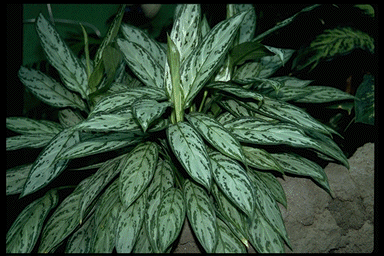GUARANA
Historical or traditional uses (may or may not be supported by scientific studies): The native people of the Amazon rain forest used crushed guarana seed as a beverage and a medicine. Guarana was said to treat diarrhea, decrease fatigue, reduce hunger, and to help arthritis. It also has a history of use in treating hangovers and headaches related to menstruation.
Guarana is a good source of energy; it acts on the central nervous system to prevent fatigue. It also slows the pulse, improves alertness, depresses appetite, counteracts fatigue and elevates the mood. Has also been used effectively for headaches due to nerves or joints.
ACTIVE CONSTITUENTS: Guaranine (which is similar to caffeine and related alkaloids theobromine and theophylline) constitutes the primary active agents in guarana. Effects include stimulating the central nervous system, increasing metabolic rate, and having a mild diuretic effect. One long-term study found no significant actions on thinking or mental function in humans taking guarana. Caffeine may have adverse effects on the blood vessels and other body systems, as well as on a developing fetus; presumably, guaranine would have similar effects. Guarana also contains tannins, which act as astringents and may prevent diarrhea. DOSAGE: A cup of guarana, prepared by adding 1-2 grams of crushed seed or resin to 250 ml (1 cup) of water and boiling for ten minutes, can be drunk three times per day.4 Each cup may provide up to 50 mg of guaranine. CAUTION: Guarana may cause insomnia, trembling, anxiety, palpitations, urinary frequency, and hyperactivity. Guarana should be avoided during pregnancy and lactation.
Return to top of page
| Home |
![]()
